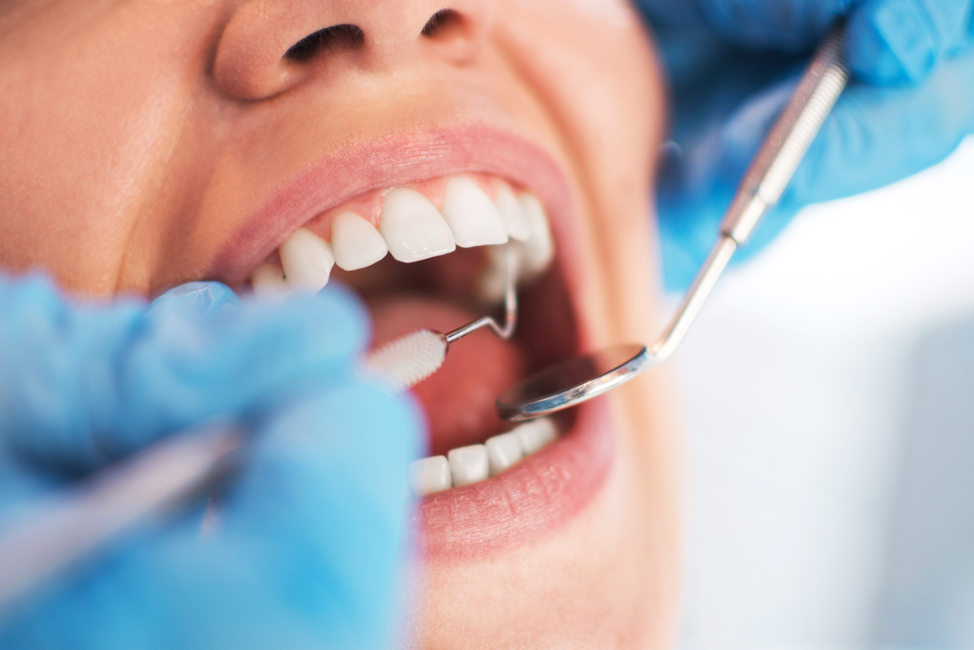To Recognizing the Signs and Seeking Treatment to Preserve Your Oral Health
Oral health is a fundamental component of overall well-being, yet it is often overlooked until problems become severe. Recognizing the early signs of dental issues and seeking timely treatment can prevent minor problems from escalating into more serious conditions. One of the most common indicators of potential oral health issues is persistent bad breath. While occasional bad breath can be attributed to dietary choices or poor oral hygiene, consistent bad breath may signal underlying problems such as gum disease, dental decay, or systemic health issues. It is essential to address this symptom early by consulting a dentist who can diagnose and treat the root cause. Another critical sign to watch for is bleeding gums. While occasional bleeding may occur due to aggressive brushing or flossing, gums that bleed regularly are often indicative of gingivitis or periodontitis. These conditions, if left untreated, can lead to tooth loss and have been linked to other health issues such as heart disease and diabetes. Regular dental check-ups and proper oral hygiene can help manage and prevent gum disease, ensuring your gums remain healthy and robust.

Tooth sensitivity is another common problem that many people experience but often ignore. Sensitivity to hot, cold, or sweet foods and beverages can be a sign of enamel erosion, cavities, or exposed tooth roots. Early intervention by a dental professional can help manage sensitivity and prevent further damage. Treatments such as fluoride applications, desensitizing toothpaste, and dental bonding can significantly reduce discomfort and protect your teeth. Visual changes in your mouth, such as discoloration of the teeth or gums, sores that do not heal, or lumps, should also prompt a visit to the dentist. These changes can be indicative of infections, oral cancer, or other serious conditions. Early detection through regular dental exams can lead to more effective treatment and better outcomes. Oral cancer, in particular, can be life-threatening if not caught early. Therefore, any unusual changes in the mouth should be evaluated promptly. Furthermore, jaw pain or difficulty chewing can be signs of temporomandibular joint TMJ disorders or other dental issues such as misaligned teeth or bruxism teeth grinding. These conditions can cause significant discomfort and impact your quality of life.
A dentist can offer solutions ranging from mouthguards to orthodontic treatments that can alleviate pain and correct the underlying issue. Preventive care is paramount in maintaining oral health. Regular dental visits, ideally every six months, allow for professional cleanings and early detection of potential problems. Your dentist can remove plaque and tartar buildup that regular brushing and flossing might miss, reducing your risk of cavities and gum disease. Additionally, these visits provide an opportunity to discuss any concerns or changes you have noticed in your oral health and click here. In conclusion, recognizing the signs of potential oral health issues and seeking timely treatment is essential for preserving your oral health. Bad breath, bleeding gums, tooth sensitivity, visual changes, and jaw pain are all symptoms that warrant professional evaluation. Regular dental check-ups and good oral hygiene practices are key to preventing and managing these issues. By staying vigilant and proactive about your oral health, you can ensure a healthy smile and contribute to your overall well-being.